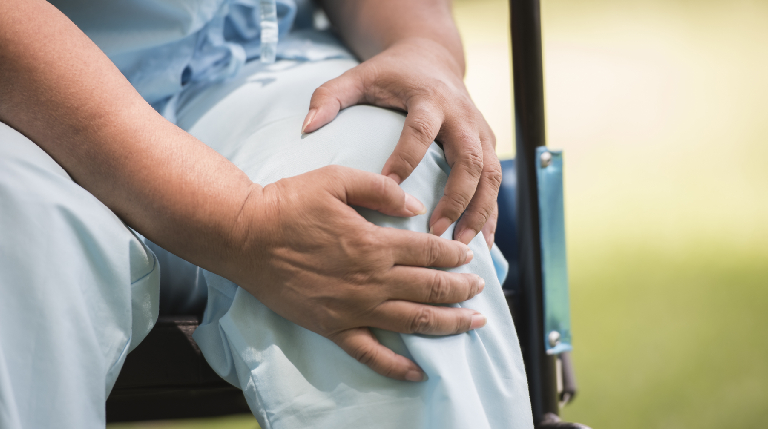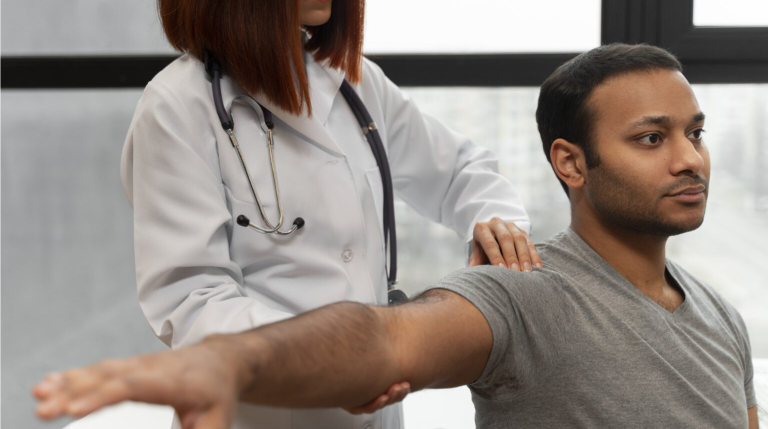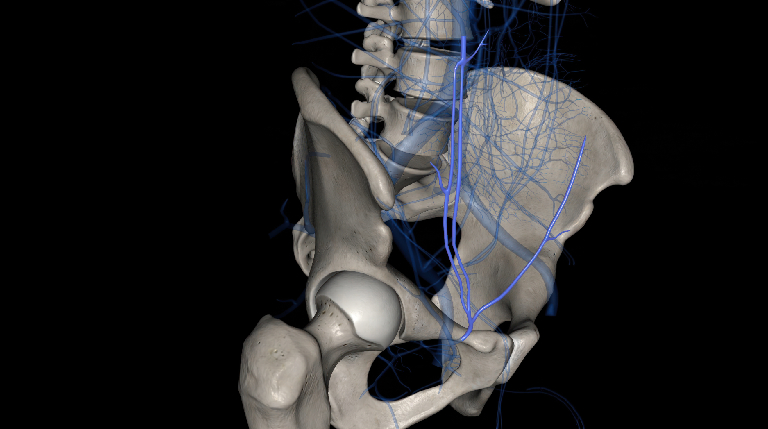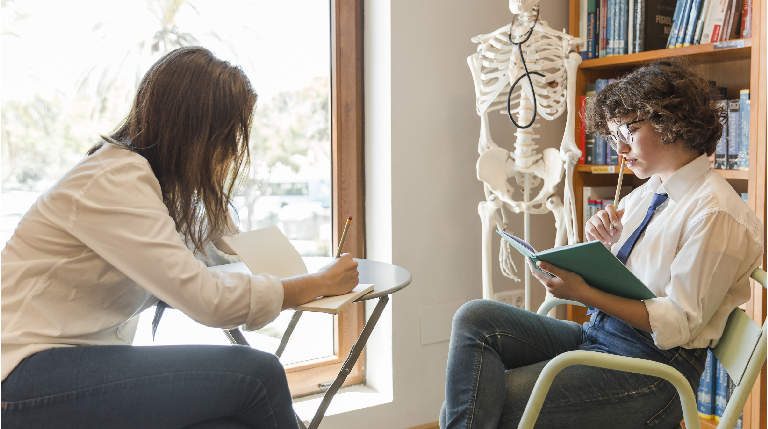
Do you require a visit to an orthopaedic? Understanding typical risk profiles.
Do you require a visit to an orthopaedic? Examining the potential profiles and your risks.
Orthopaedic conditions are related to the individual’s profile:
Artificial ACL replacement: Orthopaedic conditions rarely are announced in advance; individuals suffering from these conditions usually are predisposed to them either through the cultivation of a lifestyle or belonging to vulnerable groups, suffering from related ailments, and otherwise possibly lacking equipment and gear that protects their musculoskeletal system and supplements their physical activities such as walking, running and high impact sports. Ageing also plays a role in generally increasing the likelihood of incurring conditions, damage, wear and tear and diseases in the musculoskeletal system.
The role an individual’s everyday activities and overall lifestyle play is crucial for developing any potential and future orthopaedic diseases/conditions. Certain types of orthopaedic injuries and conditions that do develop can be devastating for individuals. They can result in the need for effective lifestyle changes, the elimination of participation in social activities, and even ostracisation, as well as increasing the burden placed on caregivers and the need to navigate a complex healthcare system for treatment.
Your personal risk assessment: What makes one prone to develop orthopaedic conditions/diseases?
ACL tear knee replacement: You may, in general, be at risk of developing orthopaedic conditions/diseases if you are falling under one or more of the listed groups below:
Orthopaedic health and well-being among ageing and senior citizens.
Ageing and senior citizens: Among the ageing and senior citizen populations, which are often vulnerable and neglected groups of individuals, there is an increased risk for the development of orthopaedic conditions. This is generally due to ageing-related wear and tear, decreases in the natural ability of tissues to regenerate, heal, and grow, possible hormonal changes, and decreases in the quality of diet and personal care received by this group. Among various conditions, the ageing and senior citizens usually essentially face arthritis, osteoporosis, decrease in bone density, and hormonal changes, requiring direct intervention with a detailed, specific orthopaedic treatment plan, as well as supplementation and care in the diet, via increased amounts of calcium and vitamin, mineral supplements. Additionally, older adults may use specific equipment and gear, such as walking sticks, wheelchairs, specialised foot orthotic solutions, and footwear, to function and reduce their symptoms and associated risks. Older adults are also at an increased risk for developing injuries such as fractures, strains and pulled ligaments due to falls, slips, and lacking facilities.
General risks for Orthopaedic health and well-being for sportspersons (professional and amateurs).
Being involved in sports or being a professional athlete: Professional and amateur sports persons typically face an increased likelihood of injuries. Notwithstanding that, these individuals also require specialised orthopaedic care for their lifestyle and sporting requirements. Suppose you are heavily involved in sporting activities within your weekly or daily schedule. In that case, an orthopaedic can devise proper treatment and care and support you with physiotherapy, advanced care, and management models to support your lifestyle and prevent injuries. This extends to equipment and gear designed to mitigate injuries and risks of developing orthopaedic conditions later.
Suffering from obesity: Individuals suffering from obesity also pose risks for developing orthopaedic conditions—increased weight, often unnatural, places strain on your musculoskeletal system. Bones, joints and muscles are generally strained. Of course, highly overweight/obese individuals move slower, develop strains, and typically feel increased pressure in their legs. It is something that obese individuals may struggle significantly with. Furthermore, there is an increased prevalence of developing injuries, decreased participation in social and physical activities, and decreased mental health and overall well-being.
Risk profiles arising from the impact of a sedentary lifestyle:
A sedentary lifestyle: Due to a lack of physical activity and stimulation, the individual’s muscles and joints generally lack development, which impacts their overall musculoskeletal system. People may work in an office and professional environment, where the ergonomics and postures utilised can result in increased stress and strain on their muscles, potentially leading to orthopaedic conditions.
Conclusion
Specific demographics and groups of individuals may be more prone to developing orthopaedic conditions. These groups may develop orthopaedic conditions in the future and require treatment from an orthopaedic surgeon. Dr Yugal is a Gurgaon-based orthopaedic surgeon who provides treatment, including Synthetic ACL replacement.




